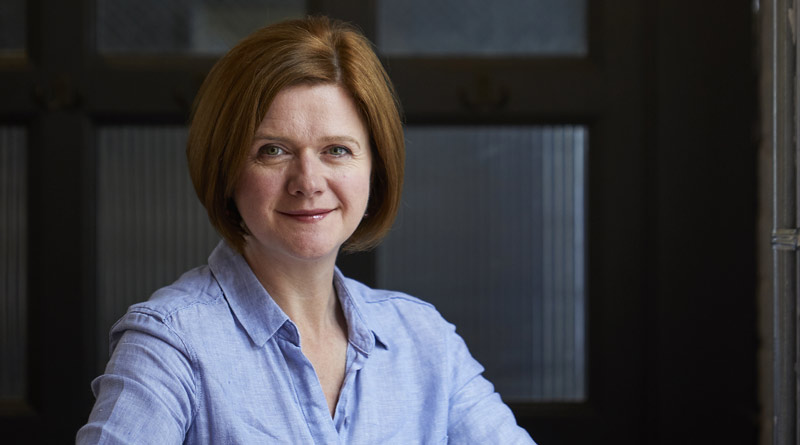UKHospitality Responds to Latest ONS Figures

UK inflation jumped unexpectedly in February after food prices surged at their highest rate for 45 years, while price increases in alcohol in pubs and hospitality outlets has been the main driver of the increase between January and February 2023.
The rise followed price falls in January for gin, whisky and some beers. However, the monthly rise in February was larger than the price falls seen in January.
Inflation on food and non-alcoholic drinks rose 18.2% in February 2023, up from a high of 16.8% in January.
This marks the highest annual rate in this category for over 45 years, with fresh fruit and vegetables becoming scarce in some supermarkets driving the jump.
Responding to the latest ONS figures, UKHospitality Chief Executive Kate Nicholls said: “The ONS stats released this morning show a clear correlation between the unexpected rise in inflation and inflated prices in the hospitality sector, where food and drink costs for businesses have risen by 24%. This, along with soaring energy costs, has resulted in prices for customers rising more than 12% – the highest in 30 years.
“If the Government is serious about bringing inflation under control quickly then it therefore needs to address this cost of doing business in the sector, particularly as this is only set to get worse this April when support with soaring energy costs falls away. At this point, contracted prices are due to rise a further 82% on average, which will force operators to raise prices for consumers again, further driving inflation.
“The solution is clear: urgent action on the market failures identified by OFGEM last week to force suppliers to the table, to enforce the renegotiation of contracts signed between July and December 2022, penalty-free, and to enact full regulation of the non-domestic energy market, if suppliers are not willing to act.”
